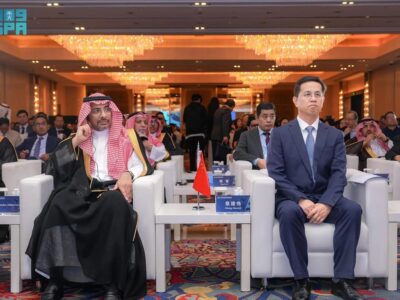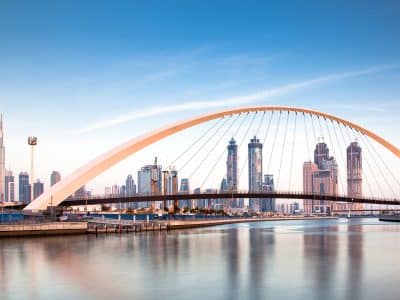Saudi Arabia reported 5 percent growth in its economy, despite the drop in the price of oil, its main source of federal revenue, according to a report by Arab News.
“Despite the fall in oil prices, the Kingdom’s economy has reported 5 percent growth and will continue to grow over the next 50 years,” Khalid Al-Falih, chairman of energy conglomerate Saudi Aramco said during a panel discussion at the 9th Global Competitiveness Forum in Riyadh on Monday.
Despite Al Falih’s claims the Saudi government was seeking to diversify its economy away from oil, the chairman said Saudi Aramco is not reducing its new investment in oil and gas production capacity, despite cost-cutting due to low oil prices.
“Our investments in capacity of oil and gas have not slowed down – we have been able to do a lot of cuts in spending by simply driving down costs,” Falih said.
Authorities have not yet decided whether the government’s planned sale of a stake in Saudi Aramco will involve only a stake in its downstream ventures, or a percentage of the whole company including its upstream oil and gas business, Falih said.
A sale of a stake in the whole company would involve issues related to law and sovereignty that would need to be resolved, he added.
Falih said the percentage of Aramco’s business that would ultimately be offered would not “move the needle significantly” in terms of money raised for the government, but would instead aim to develop the local private sector.
The plunge of oil prices since June 2014 has pushed Saudi Arabia’s fiscal position into deficit and spurred the government to examine new ways of expanding its revenue base and diversifying its economy.
However, Riyadh’s strategy of defending its share of global crude sales requires it to continue to invest heavily to maintain its energy production capacity and position as the world’s top oil exporter.








